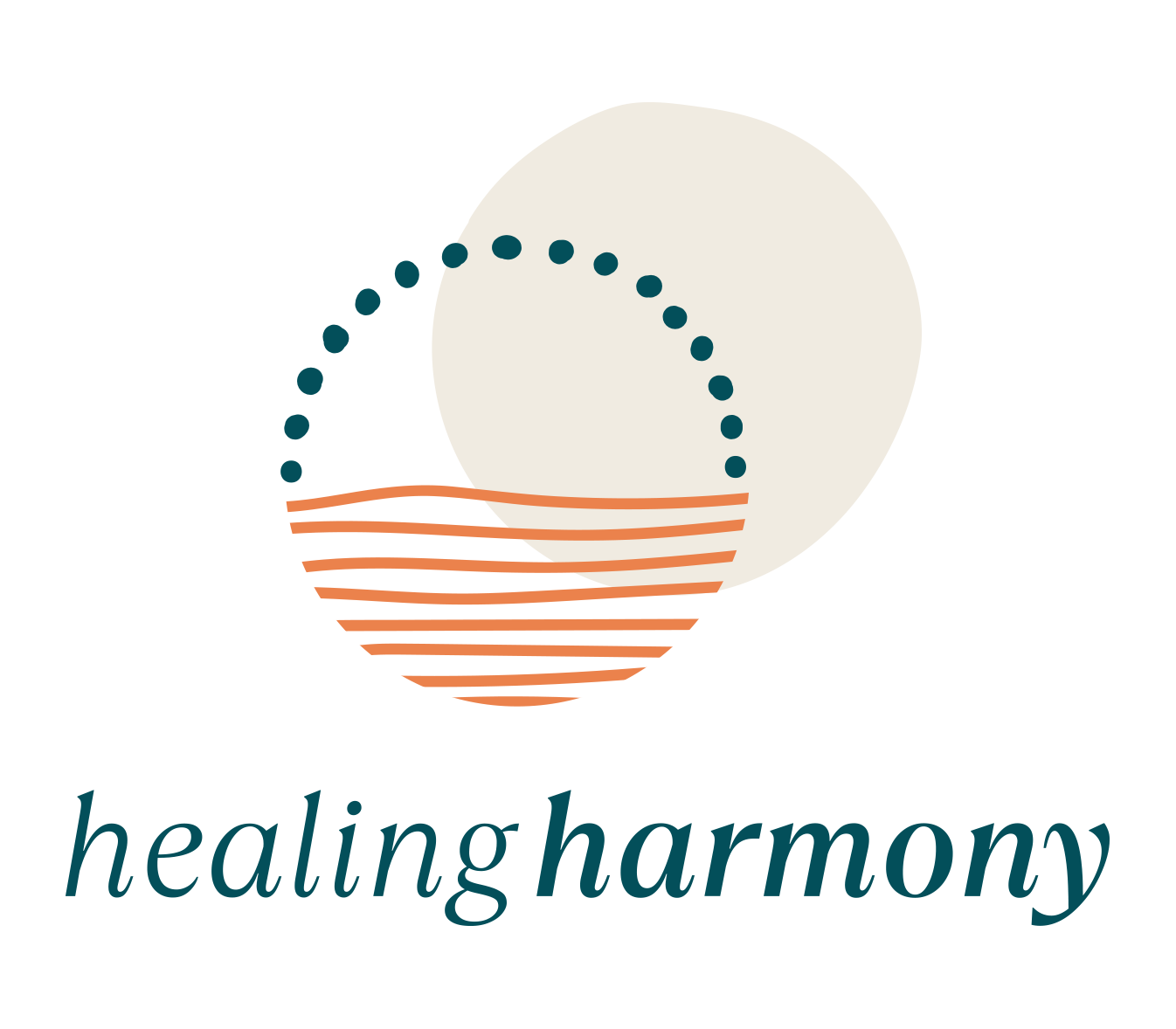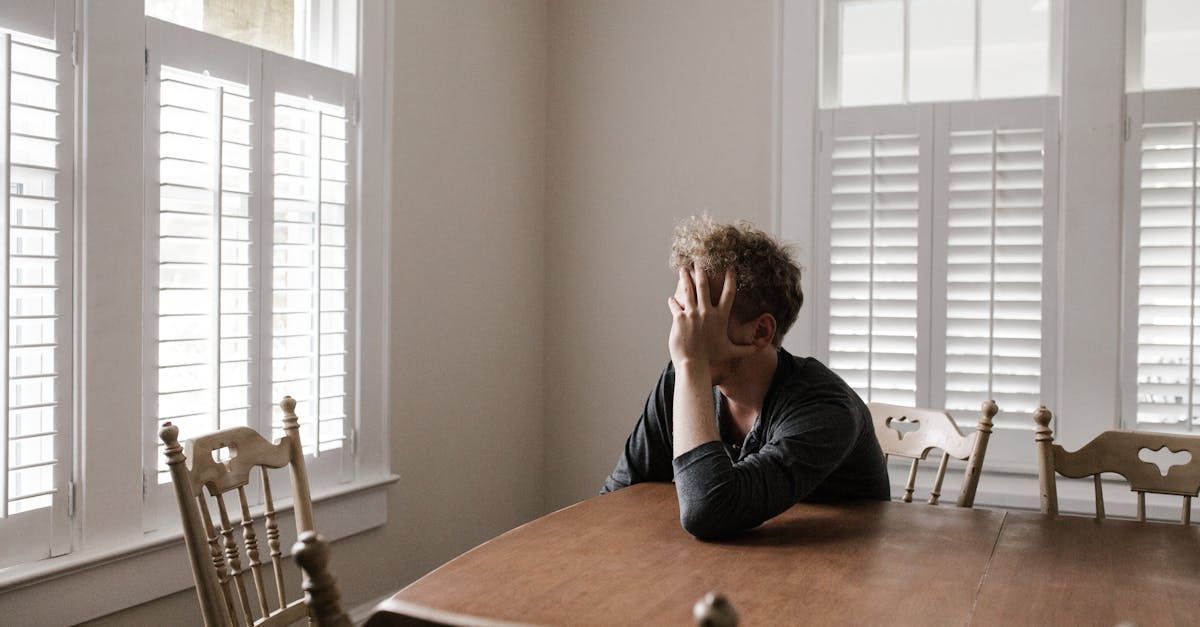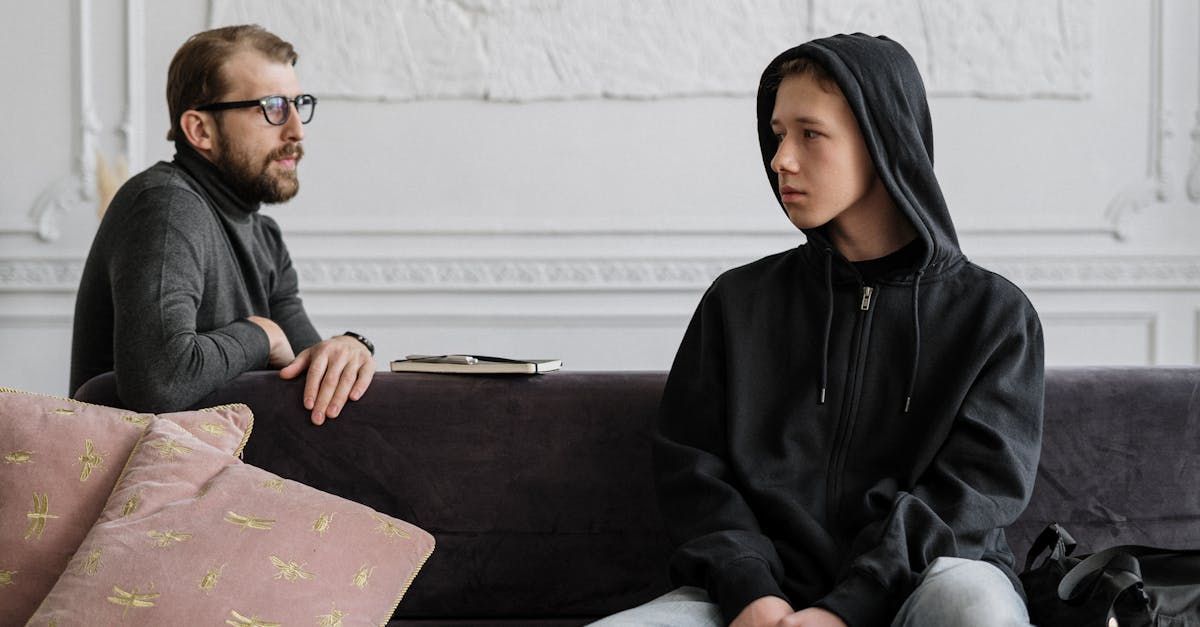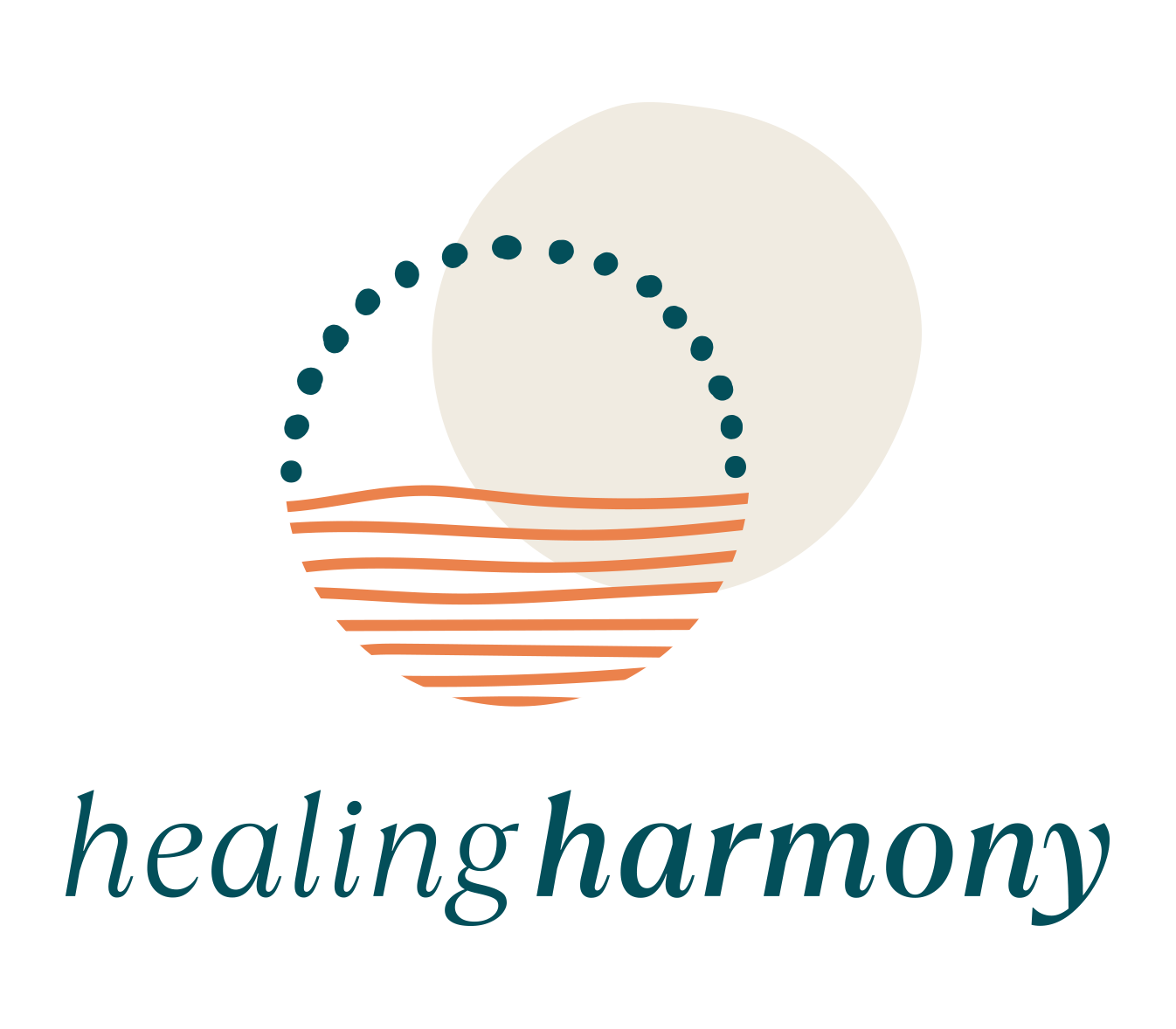
Contact
Location
305 South Jupiter Rd. Allen TX 75002
Social
ADHD vs anxiety: understanding the differences and finding the right support
If you’re feeling overwhelmed trying to balance school, friends, or family expectations, it’s easy to wonder if something else might be going on. Maybe you struggle with focus, impulsivity, or intense worry and aren’t sure if it’s ADHD, anxiety, or a bit of both. ADHD and anxiety can look alike but come from different places—and figuring out which one you’re dealing with can make a big difference in finding the right support.
In case you’re new here, we’re Jeffrey & Rebekah from Healing Harmony Counseling, therapists and life coaches for young adults. We’re here to help you find clarity and tools that work for you.
Let’s dive in and break down how ADHD and anxiety differ, where they overlap, and what to do next if you recognize these signs in yourself or someone close to you.
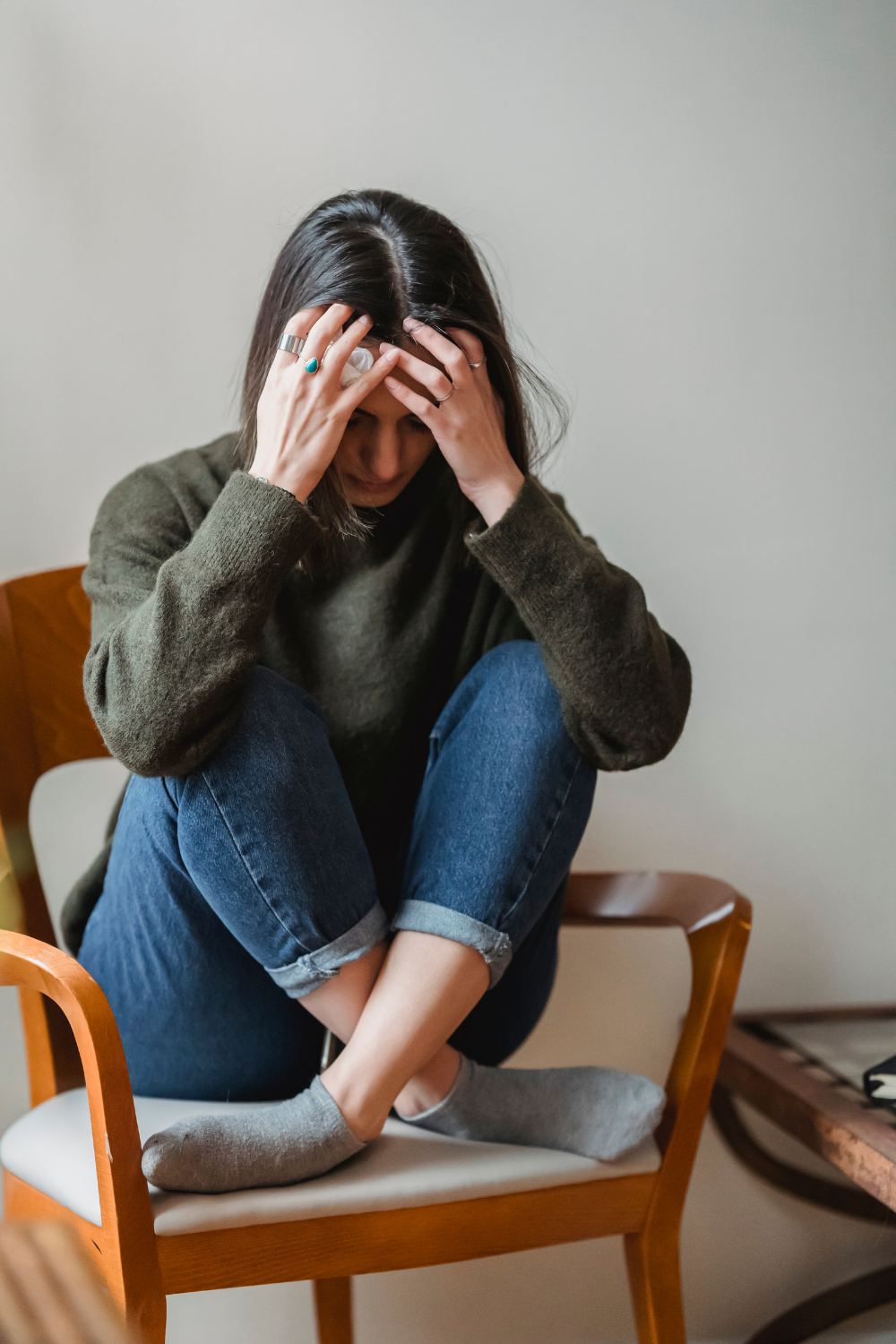
Do I have ADHD or just anxiety?
It’s common to confuse ADHD and anxiety because they share certain symptoms, like trouble focusing and restlessness. Also, anxiety can be common to have if you have ADHD. However, they affect daily life in unique ways.
Core differences between ADHD and anxiety symptoms
- ADHD: Impacts attention, impulse control, and organization. You might struggle to stay on task, jump between activities, or forget important details. ADHD is often described as feeling like you have “too many browser tabs open.”
- Anxiety: Centers on excessive worry or fear. You might overthink situations, avoid challenges, or feel tense about what could go wrong. It’s like your brain is stuck in “what if” mode.
How ADHD and anxiety can manifest differently in daily life
With ADHD: You might forget your homework, lose your keys, or start a task only to abandon it midway. It’s less about worry and more about distraction and impulsivity.
With Anxiety: You might procrastinate on tasks out of fear of failing or avoid social events because of worries about being judged. Unlike ADHD, anxiety often includes physical symptoms like sweating or a racing heart.
Can ADHD cause anxiety and depression?
Yes, untreated ADHD can lead to anxiety and depression. Here’s why:
- Struggling with expectations: When ADHD affects performance at school or work, feelings of failure and frustration can build up, increasing stress and self-doubt.
- Emotional regulation challenges: ADHD can make it harder to manage emotions, leading to heightened anxiety or depressive episodes.
- Overlapping symptoms: The inattention and restlessness of ADHD can exacerbate feelings of worry and sadness.

Can ADHD cause anxiety attacks?
Yes, ADHD can sometimes contribute to anxiety attacks, especially when overwhelming situations arise. The relationship between ADHD and anxiety attacks stems from difficulties in emotional regulation, managing tasks, and navigating high-pressure scenarios.
When someone with ADHD faces a buildup of stressors—like looming deadlines, disorganization, or interpersonal challenges—their brain can feel overloaded. This overwhelm often leads to heightened anxiety, which, if unmanaged, can escalate into an anxiety attack. Understanding the triggers and learning strategies to manage them can help mitigate these experiences.
Identifying ADHD-induced anxiety triggers
Here are some common scenarios that may trigger anxiety attacks in people with ADHD:
- Deadlines that feel impossible to meet: Procrastination or underestimating how much time a task will take can lead to last-minute panic.
- Disorganized environments: Clutter or misplaced items can create a chaotic mental state, amplifying feelings of frustration or stress.
- Social pressure: Struggling with impulsivity or inattentiveness in conversations might cause worry about saying or doing the wrong thing, especially in social settings.
- Unstructured tasks: Vague or undefined tasks can feel daunting, as they lack the clear steps needed to stay focused.
- Overcommitment: Saying "yes" to too many things without considering how long they’ll take can lead to feeling overwhelmed.

Managing anxiety attacks when ADHD is a factor
Although anxiety attacks can feel overwhelming, there are effective strategies to help navigate them:
Use grounding techniques:
Engage your senses with the "5-4-3-2-1" method:
Name 5 things you can see.
Identify 4 things you can touch.
Focus on 3 things you can hear.
Notice 2 things you can smell.
Savor 1 thing you can taste, like gum or a mint. This technique brings you back to the present moment, reducing the intensity of the attack.
Break tasks into smaller steps:
Large tasks can feel paralyzing, so try breaking them into manageable chunks. For example, if you’re facing a big project, start with small actions like organizing materials or drafting an outline.
Create a "calm-down" kit:
Have tools ready for when anxiety strikes, such as noise-canceling headphones, a favorite playlist, or a stress ball. These items can provide immediate comfort and help you regain focus.
Practice slow breathing:
Take deep breaths, inhaling for a count of 4, holding for 4, and exhaling for 4. This regulates your nervous system and reduces the physical symptoms of an anxiety attack.
Establish routines:
Regular routines create predictability and reduce the chaos that often contributes to anxiety.
By identifying triggers and implementing strategies, it’s possible to manage anxiety attacks more effectively—even when ADHD plays a role. Therapy can also be an invaluable resource for learning personalized coping mechanisms that fit your lifestyle and challenges.

Do ADHD and anxiety go together?
Yes, ADHD and anxiety often overlap. Around 30-50% of people with ADHD also experience anxiety. Here’s how you can spot overlapping symptoms:
- Difficulty focusing due to both anxious thoughts and ADHD distraction.
- Restlessness that feels physical (ADHD) and mental (anxiety).
- Struggles with organization, either from ADHD’s inattention or anxiety’s fear of making mistakes.
- Understanding how these conditions interact can help you find better strategies for managing them together.
ADHD vs anxiety medication
Medication for ADHD and anxiety often differs because the conditions have unique underlying causes.
Differences in Treatment Approaches
- ADHD Medication: Often includes stimulants like Adderall or non-stimulants like Strattera. These focus on improving attention, impulse control, and executive functioning.
- Anxiety Medication: Includes options like SSRIs or benzodiazepines, which help regulate mood and reduce excessive worry.
Finding the right medication or combination requires working closely with a mental health professional, like a psychiatrist, to address the primary symptoms.
Will ADHD medication help with anxiety?
ADHD medication can sometimes reduce anxiety indirectly by helping you manage ADHD-related stressors. For example:
- Improved focus and organization may reduce feelings of overwhelm.
- Reduced impulsivity can make social interactions smoother.
- However, if anxiety is a primary issue, additional treatments like therapy or anxiety-specific medications might still be necessary.

Journaling tips to manage anxiety
Journaling can be a powerful tool to understand and manage your emotions. Here’s how it helps:
- Identifies Triggers: Writing about your day can reveal patterns in what causes stress or worry.
- Encourages Reflection: Journaling helps you process experiences and recognize what strategies work best for you.
- Supports Emotional Regulation: Regular journaling provides a safe space to release pent-up emotions.
Prompts to explore emotions and identify triggers
Try these journaling prompts to get started:
- What situations or thoughts triggered my anxiety today, and how did I respond?
- What is one thing I can control right now, and how can I focus on that?
- What thoughts are on repeat in my mind, and how can I reframe them to feel more balanced?
- What small wins or positive moments happened today?
- If my anxiety could talk, what would it say? What would I say back to it?
- How did my body feel today when I was anxious? What helped me feel calmer?
- What’s one thing I can do tomorrow to prioritize my mental well-being?
- Journaling doesn’t need to be perfect—there’s no “right” way to do it. Whether you write for five minutes or twenty, the goal is to show up for yourself and use this time as a tool to calm, reflect, and heal.
- How daily journaling supports emotional regulation
- Set aside 5-10 minutes daily to journal. Whether it’s writing a gratitude list, tracking your mood, or just venting, this practice helps you feel grounded and better prepared for challenges.
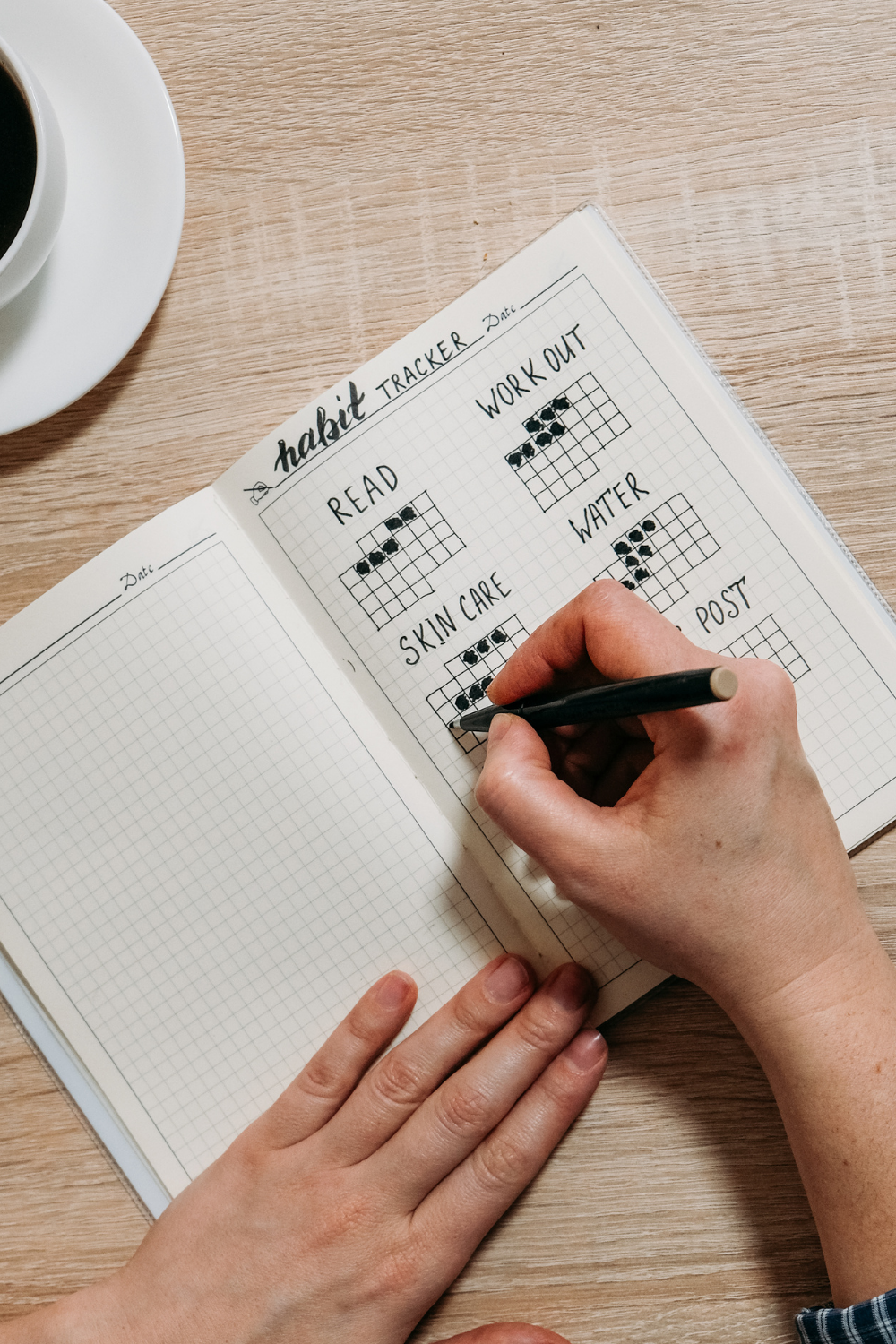
You’re more than a diagnosis – let’s find what works for you
Understanding the differences between ADHD and anxiety can help you make sense of what you’re feeling. You don’t have to figure it out alone. At Healing Harmony Counseling, we specialize in
ADHD therapy and coaching for teens and young adults. If you’re ready to explore strategies that work for you, reach out and let’s start building a plan together.
*AI Disclosure: This content may contain sections generated with AI with the purpose of providing you with condensed helpful and relevant content, however all personal opinions are 100% human made as well as the blog post structure, outline and key takeaways.
* Blog Disclaimer: Please note that reading our blog does not replace any mental health therapy or medical advice. Read our mental health blog disclaimer here.
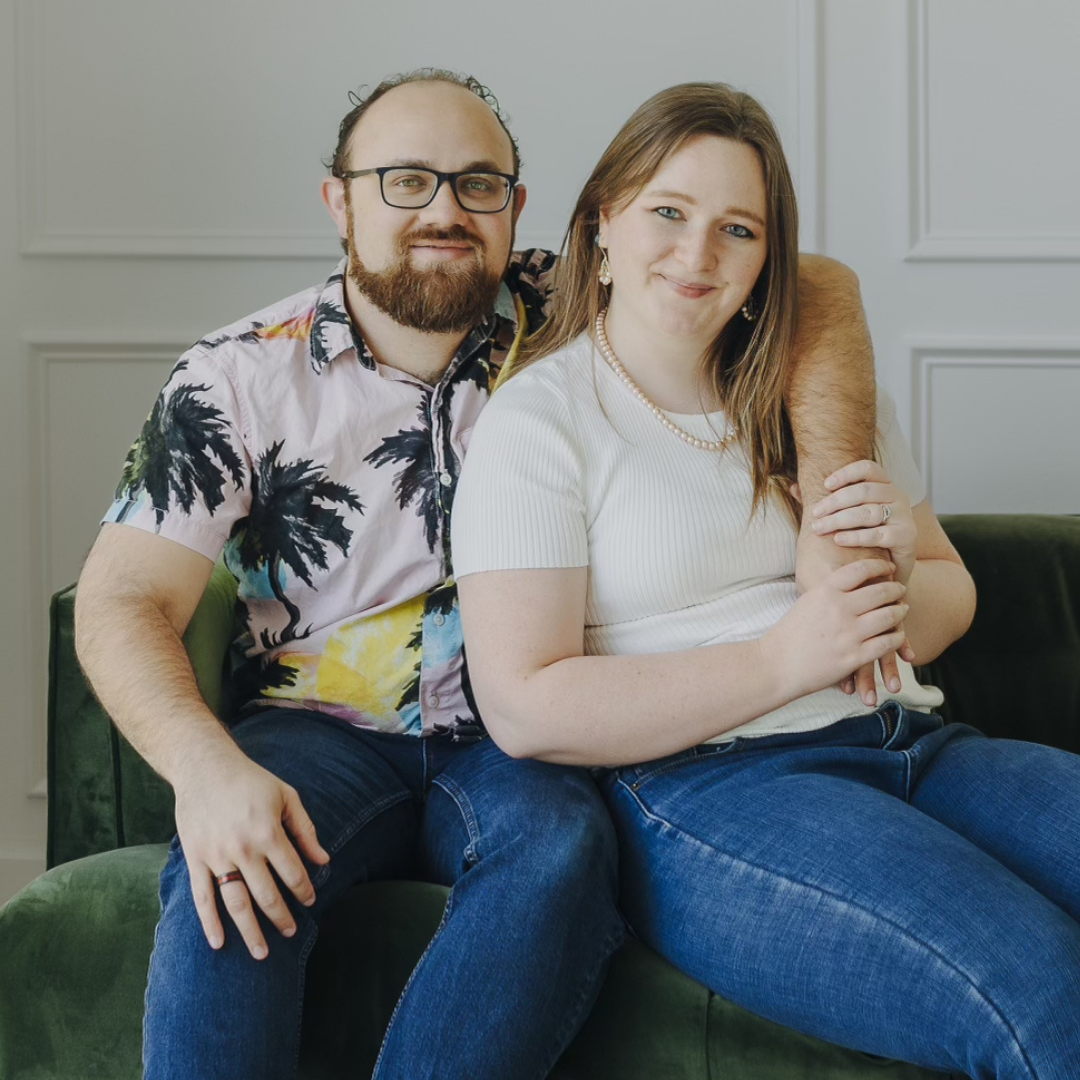
Hello, we are Jeffrey & Rebekah
Therapists and life coaches at Healing Harmony. We specialize in supporting multicultural families and Third Culture Kids (TCKs) through transitions and emotional challenges, fostering resilience and cultural identity.
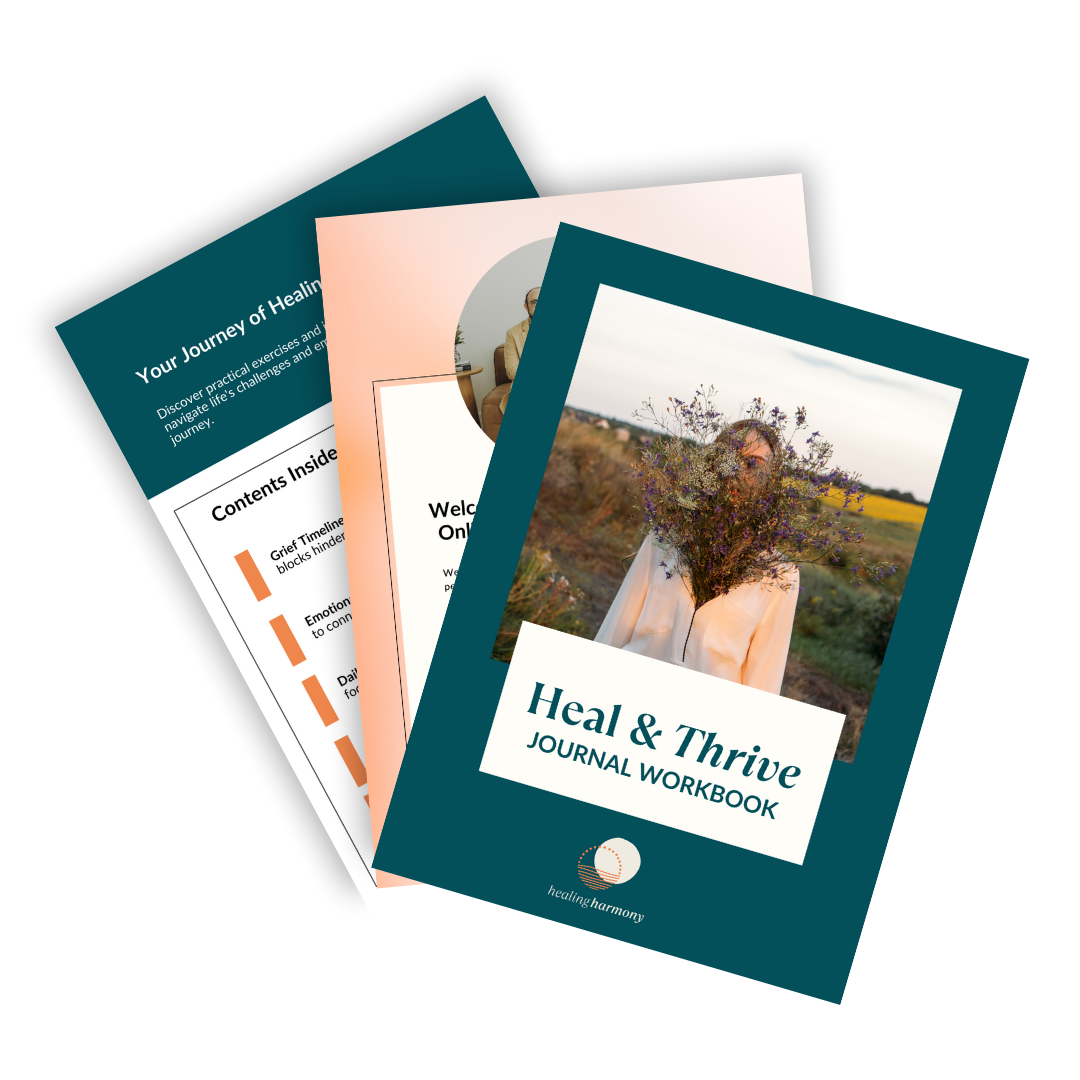
Download your FREE life journal
Therapy and Life Coaching for young adults serving Dallas, Texas & worldwide. We specialize in ADHD and Third Culture Kids.
Contact
Location
305 South Jupiter Rd. Allen TX 75002
Social
